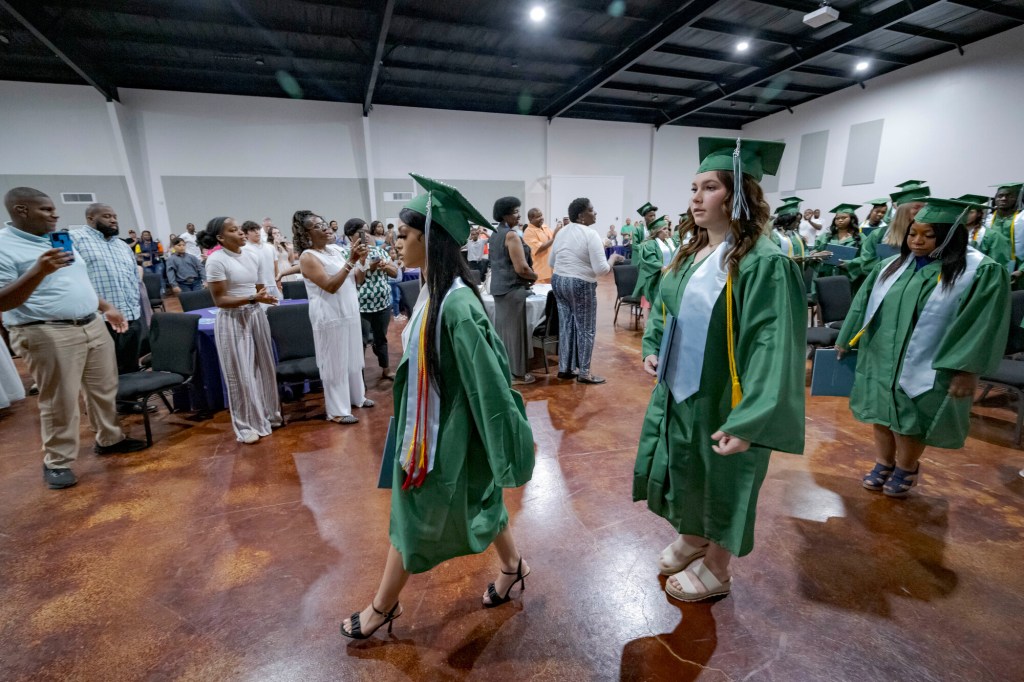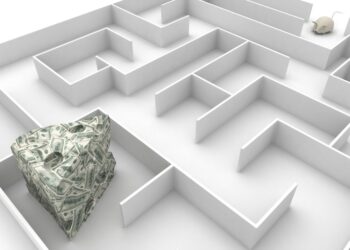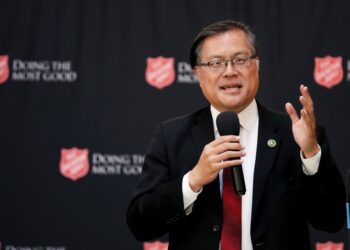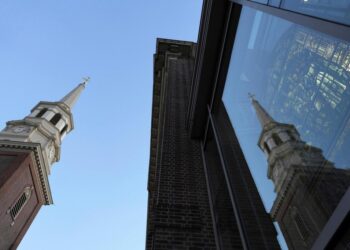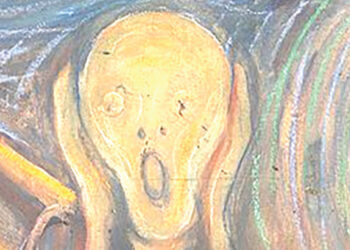By Sharon Lurye | Associated Press
SPRINGFIELD, La. — Arliya Martin accepted her high school diploma with relief and gratitude.
It was her ticket to better-paying work, she felt, after getting kicked out of high school and toiling for eight years at factory jobs to support her children.
But Martin didn’t take any classes or pass any tests to receive her degree. She got it in July from a school where students can get a high school diploma for $465.
Unlike public schools, formal homeschooling programs or traditional private schools, nearly 9,000 private schools in Louisiana don’t need state approval to grant degrees. Nearly every one of those unapproved schools was created to serve a single homeschooling family, but some have buildings, classrooms, teachers and dozens of students.
While unapproved schools account for a small percentage of the state’s students, those in Louisiana’s off-the-grid school system are a rapidly growing example of the nation’s continuing fallout from COVID-19: families disengaging from traditional education.
U.S. public school enrollment fell by more than 1.2 million students in the first two years of the pandemic. Many switched to private school or told their state they were homeschooling. Thousands of others could not be accounted for at all, according to an analysis from The Associated Press and its partners.
The students in Louisiana’s off-the-grid school system aren’t missing. But there’s no way to tell what kind of education they’re getting, or whether they’re getting one at all. Over 21,000 students are enrolled in the state’s unapproved schools, nearly double the number from before the pandemic, according to data obtained through a public records request by the AP and The Advocate, a partner news outlet in Louisiana.
To supporters of the system, avoiding state oversight is entirely the point. Advocates say Louisiana’s unapproved schools are a natural extension of the doctrine of parental…
Read the full article here

